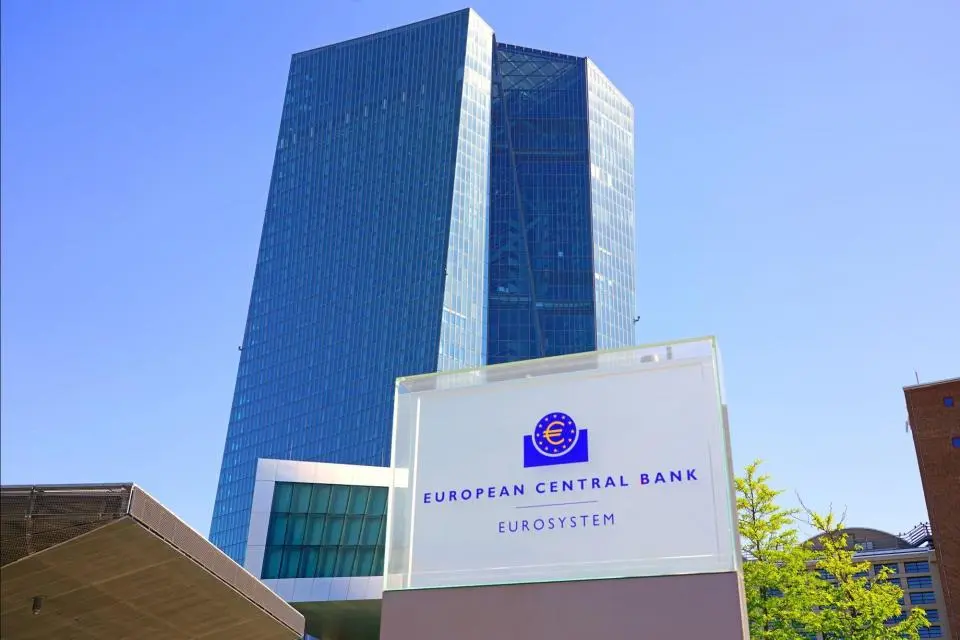HMRC ramps up crypto capital gains crackdown
HM Revenue and Customs (HMRC) is intensifying its efforts to enforce tax laws among cryptocurrency traders.
Recently, HMRC initiated the distribution of "nudge letters" to those holding cryptoassets who are believed to have not met their tax obligations on profits earned. A further batch of these letters is scheduled to be dispatched in the following month.
Individuals who have realized profits through the sale of cryptoassets may need to declare these earnings and potentially file a tax return to avoid accruing interest and penalties on any undeclared amounts.
It is estimated that non-compliance with tax obligations related to cryptoasset holdings could be as high as 55% to 95%, according to HMRC.
Crypto profits can be subject to several forms of taxation
Earnings from the ownership and trading of cryptoassets, such as Bitcoin and Ethereum, might be liable for capital gains tax, income tax, and National Insurance contributions, depending on how they were acquired.
Individuals identified as having "disposed" of cryptoassets—meaning converting them into another cryptocurrency or selling them for fiat money like sterling—are expected to pay capital gains tax on these transactions at a rate of 20%.
If the total capital gains for an individual within a single tax year, including those from cryptoassets, surpass the annual tax-free allowance, they must pay tax on the entire amount exceeding this threshold.

The capital gains tax exemption limit for the current tax year, starting from 6 April, stands at £3,000. For the 2023-24 tax year, it was £6,000, and for 2022-23, it was £12,300.
In certain scenarios, cryptocurrency holders may also need to pay income tax and National Insurance on gains that are considered income. For instance, some cryptocurrencies offer the option for investors to "stake" their assets, locking them away for a period in exchange for interest, akin to a fixed-term deposit, which is taxable as income by HMRC.
‘The worst thing crypto owners can do is ignore this letter’
Tax non-compliance is a widespread issue among cryptocurrency holders and can lead to severe repercussions, as highlighted by Paul Falvey, a partner at BDO.
Mr. Falvey explained that many cryptoasset owners might not realize their tax responsibilities and might not have previously needed to file a tax return. Receiving one of these letters unexpectedly could be startling, but disregarding it could lead to significant complications.
To rectify their tax status, affected individuals might need to gather reports from financial advisors or online platforms. In some cases, consulting with a specialist to determine the best disclosure approach is advisable.
Should there be unpaid taxes, HMRC has the authority to apply penalties for late payment, which can amount to up to 100% of the unpaid tax, and even higher if the assets are held offshore.
Crypto firms are obligated to share customer data with HMRC
HMRC has the capability to request transaction data from digital cryptocurrency exchanges and this process will soon become automated through the Crypto Asset Reporting Framework (CARF), developed by the Organisation for Economic Co-operation and Development (OECD) to enhance transparency within the industry.
By 2027, the CARF is expected to be fully implemented in the UK, requiring cryptoasset service providers, including platforms like Coinbase, to collect comprehensive transaction data on their users and report this information to tax authorities.
This system aims to facilitate the detection and correction of tax non-compliance among cryptoasset holders.
This communication is intended as strictly informational, and nothing herein constitutes an offer or a recommendation to buy, sell, or retain any specific product, security or investment, or to utilise or refrain from utilising any particular service. The use of the products and services referred to herein may be subject to certain limitations in specific jurisdictions. This communication does not constitute and shall under no circumstances be deemed to constitute investment advice. This communication is not intended to constitute a public offering of securities within the meaning of any applicable legislation.





